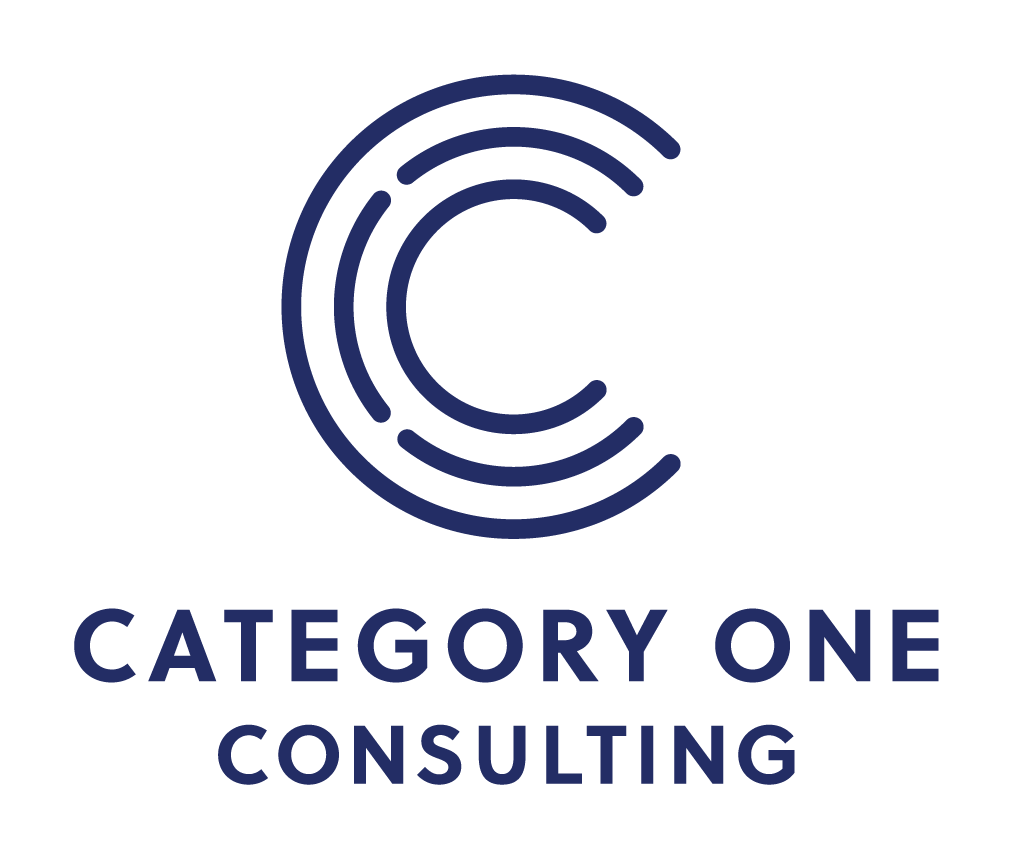Successful Meeting Facilitation: 5 Tips for More Productive Gatherings
Meetings are an integral part of any successful business or organization, providing a platform for collaboration, decision-making, and problem-solving. However, at times, these gatherings can become unproductive, time-consuming, and frustrating for attendees. Whether it is a regular weekly meeting or larger planned session, a facilitator’s role is pivotal in ensuring that meetings are purposeful, efficient, and result-oriented. In this blog post, we will explore five essential tips to help master the art of successful meeting facilitation.
Effective meeting facilitation is a skill that can transform unproductive gatherings into dynamic and fruitful exchanges of ideas.
Set Clear Objectives. A successful meeting starts with a well-defined purpose. Before scheduling the gathering, clarify the specific objectives you aim to achieve. Establishing clear goals will enable you to design an agenda that is focused and streamlined. Share these objectives with attendees beforehand to give them time to prepare, ensuring everyone is on the same page and contributing to the meeting's success.
Create an Inclusive Environment. Inclusive meetings foster creativity, collaboration, and active participation. Ensure that everyone has an opportunity to contribute and that no one dominates the conversation. Encourage diverse perspectives and ideas, and be mindful of any individuals who may be hesitant to speak up. Establish ground rules for respectful communication and intervene if discussions become heated or off-topic.
Manage Time Effectively. Time management is crucial in any meeting. Start and end the session on time, respecting participants' schedules. Allocate appropriate time for each agenda item and stick to the schedule. If a discussion is taking longer than anticipated, make a decision on whether to extend the time or table it for a later meeting. Keeping everyone mindful of time constraints helps maintain focus and ensures that all essential topics are covered.
Develop a Thoughtful Agenda. Craft a participatory environment that encourages engagement from all attendees. As a facilitator, it's crucial to create space for everyone to express their ideas, concerns, and feedback. Select activities that may cater to different communication and learning styles, such as individual thinking time, small group work, and card sorting activities in addition to large group discussions. By ensuring everyone feels heard and valued, you can tap into the collective wisdom of the group.
Manage Conflict Constructively. In any group discussion, differing opinions may lead to conflicts. As the facilitator, your role is to manage these conflicts constructively. Acknowledge the differing perspectives, encourage open dialogue, and guide the participants towards finding common ground. Avoid taking sides and focus on maintaining a positive and productive atmosphere. Address any disruptive behavior promptly and professionally to keep the meeting on track.
Effective meeting facilitation is a skill that can transform unproductive gatherings into dynamic and fruitful exchanges of ideas. By preparing with clear objectives, fostering inclusivity, managing time efficiently, developing a thoughtful agenda, and addressing conflicts constructively, facilitators can elevate the quality and impact of every meeting. Embracing these tips will not only improve productivity but also create a positive and collaborative culture within the organization, leading to greater success and achievements in the long run. We hope these tips help you think about how your organization can strategize for upcoming meetings. If you would like additional support with facilitation and planning, please feel free to reach out!

